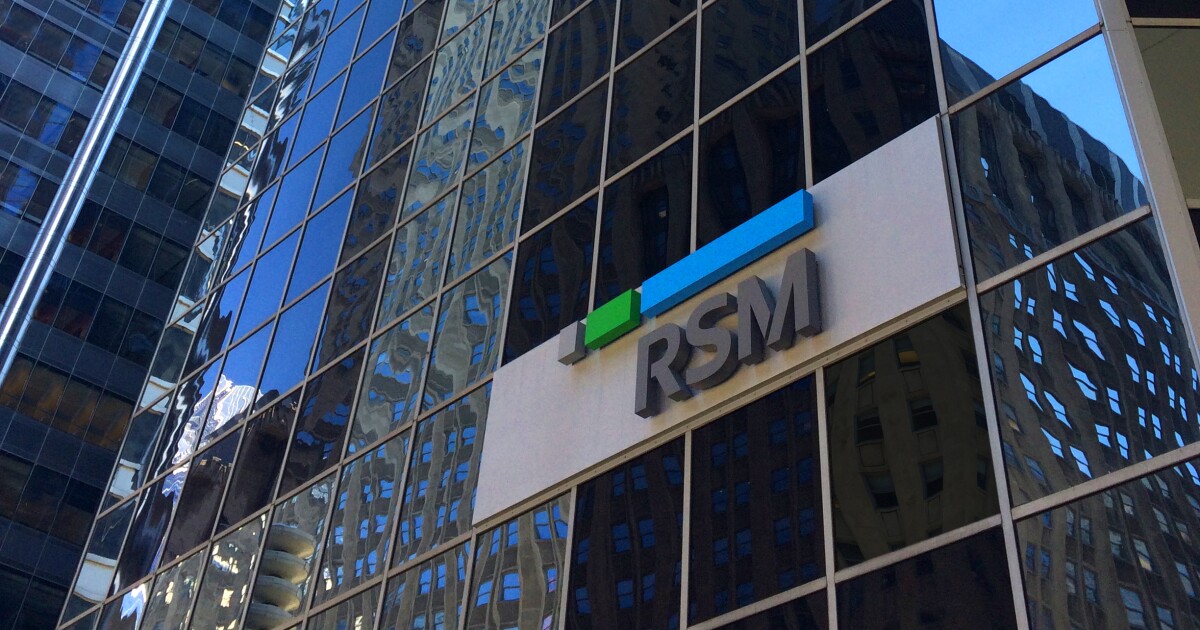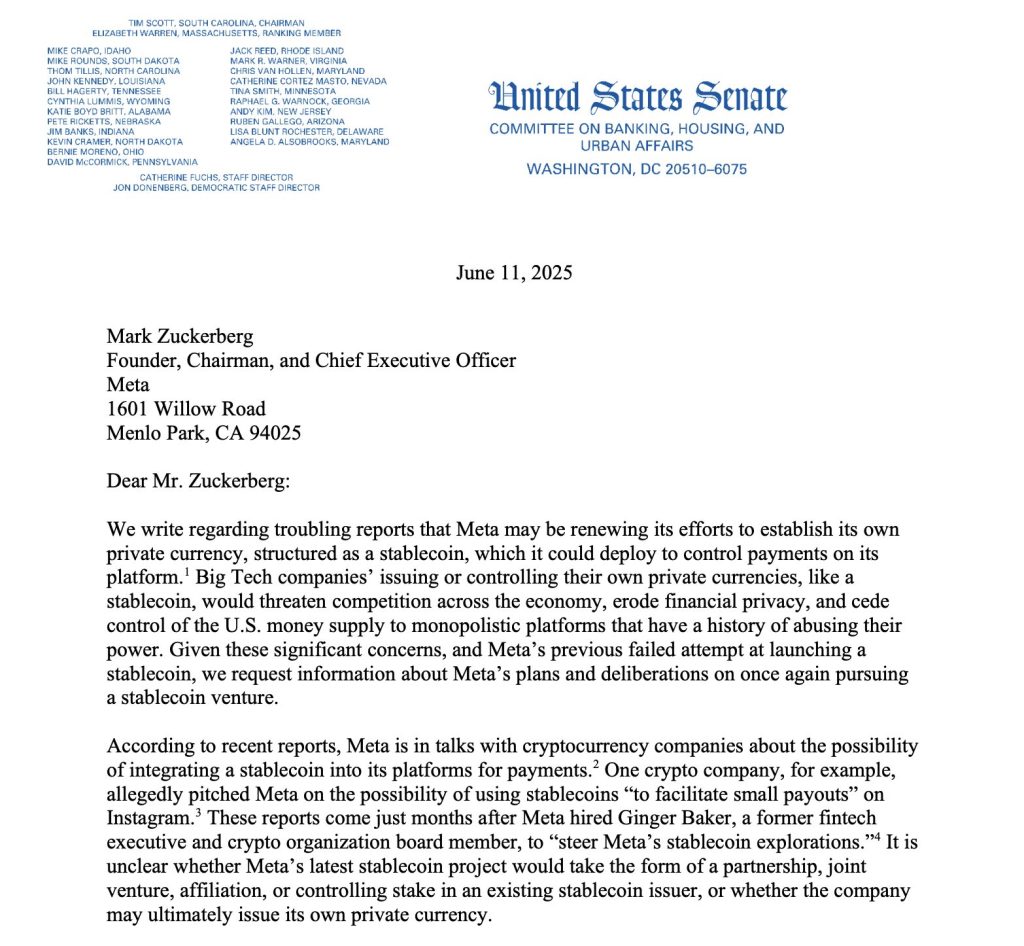But the lacklustre economic picture, uncertainty over tariffs and other geopolitical uncertainties mean the appetite of foreign businesses for investment in China is subdued.
It’s not about foreign or domestic investment – it’s that businesses don’t see a bright future, said Stephanie Leung from wealth management platform StashAway.
“They would like to see a more diversified set of investors coming in.”
For all of these reasons, experts believe the measures to support the economy will only partially alleviate the impact of potential new US tariffs.
Beijing must either undertake big, bold measures or accept that the economy is not going to grow so fast, Goldman Sachs’ Chief China Economist Hui Shan wrote in a recent report, adding: “We expect them to choose the former.”
“China needs to stabilise property markets and create sufficient jobs to ensure social stability,” Mr Ding from Standard Chartered Bank said.
According to researcher China Dissent Monitor, there were more than 900 protests in China between June and September 2024 led by workers and property owners – 27% more than the same period a year earlier.
These sort of social strains as a result of economic grievances and an erosion of wealth will be a concern for the Chinese Communist Party.
After all, explosive growth turned China into a global power, and the promise of increased prosperity has largely helped its leaders keep a tight lid on dissent.
Credit: Source link










